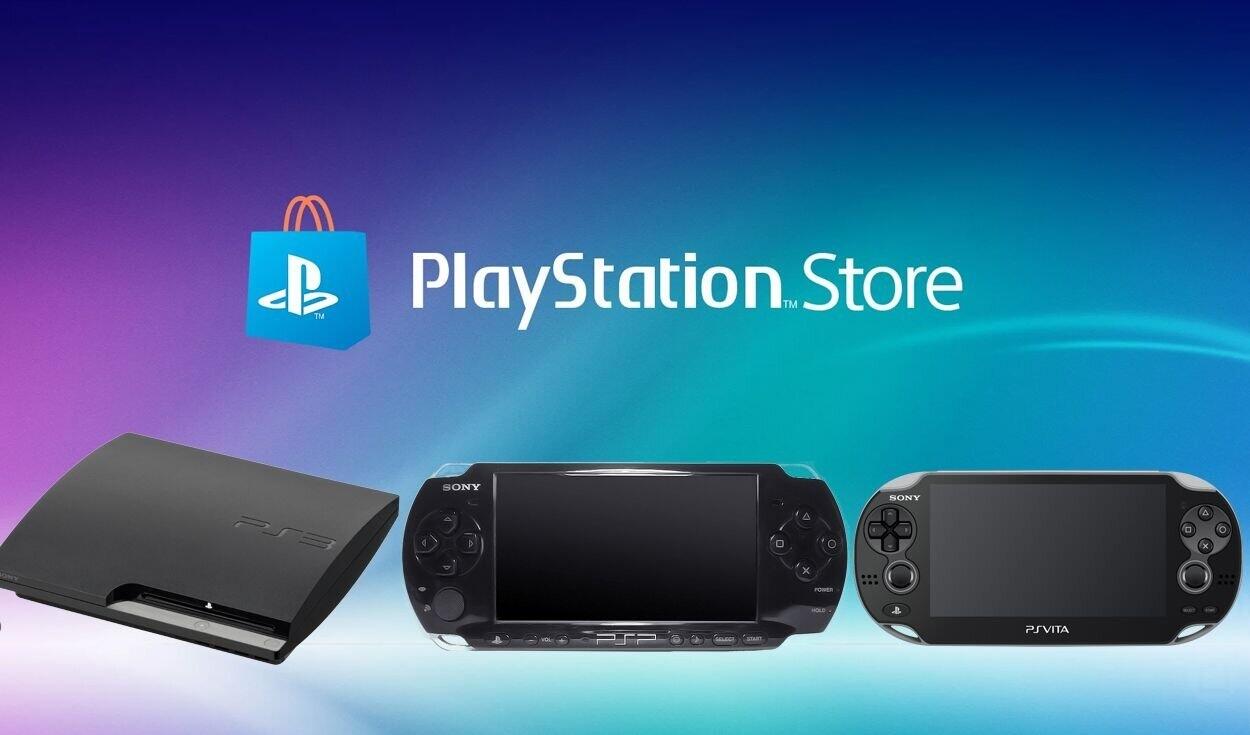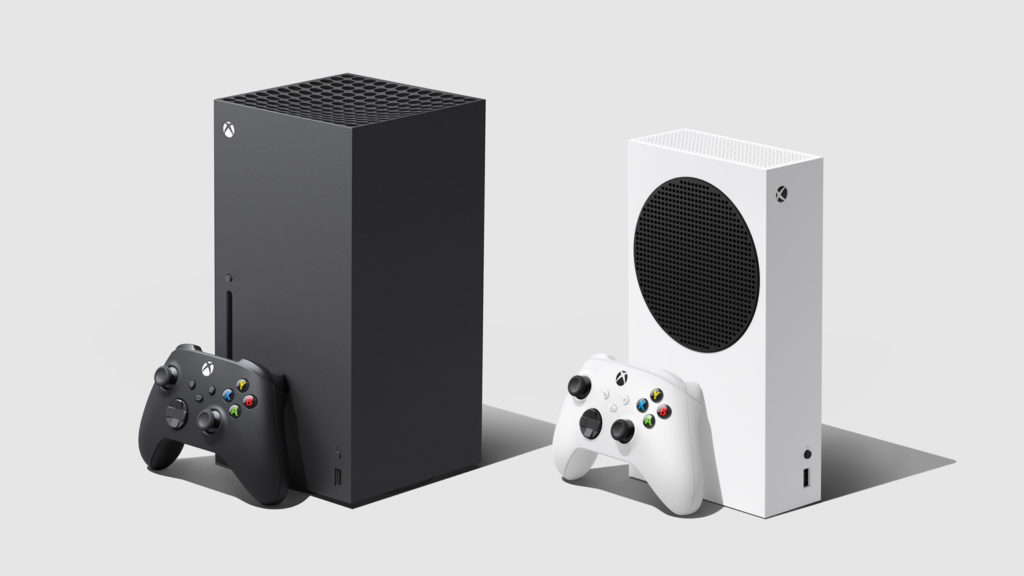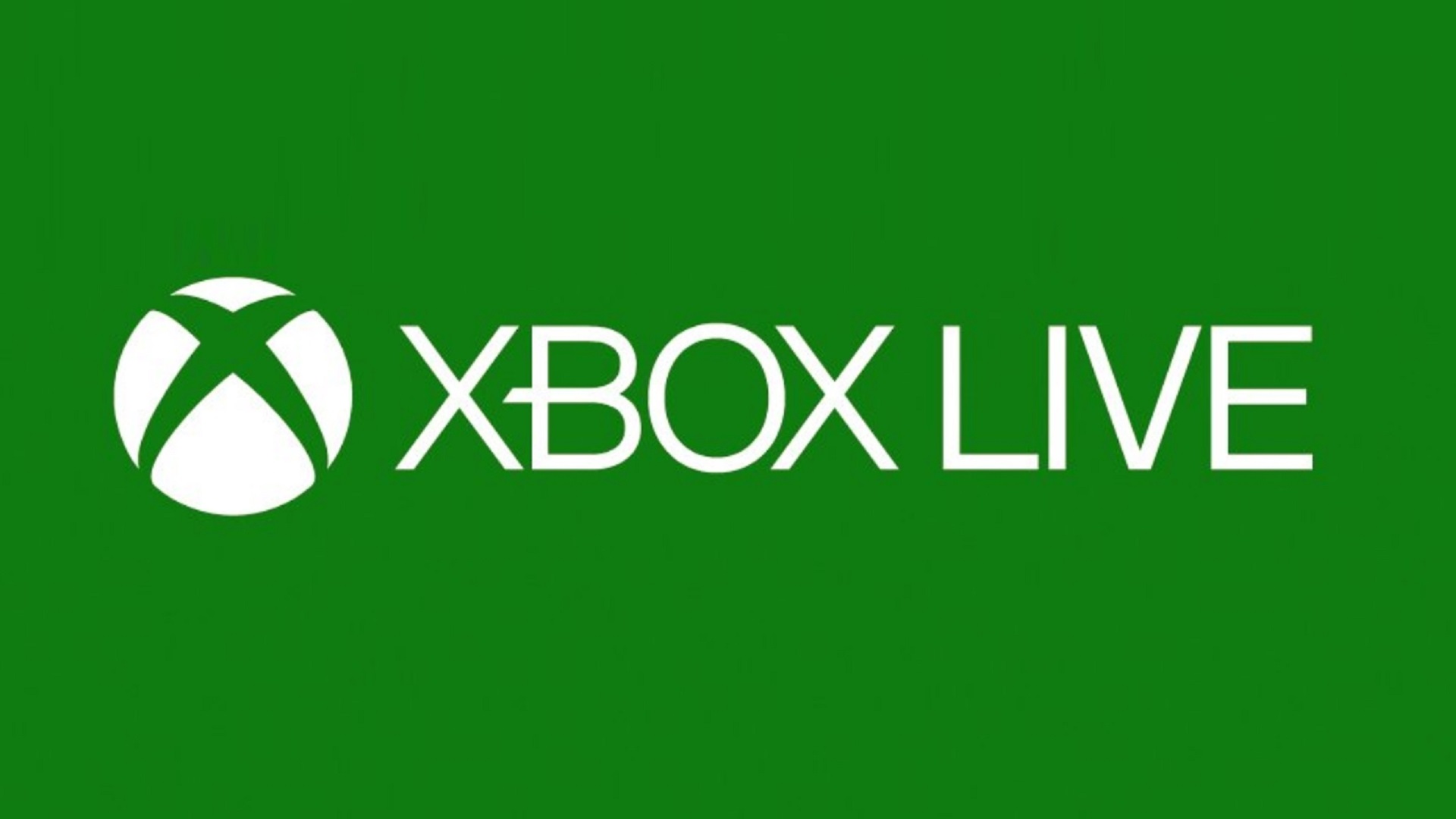
Sony has made many missteps over the last year or so, but the one that may have generated the biggest backlash was when they decided to shut down the PS3, PSP, and PS Vita stores with very little given in the way of advance warning, stranding developers still making games for those systems (who had not been informed the shutdown would be happening), orphaning loyal customers’ purchases of hundreds, if not thousands, of dollars, made over many years, and also making hundreds of incredible games inaccessible all of a sudden. It was a terrible decision, and the controversy it generated was so immense that Sony had to backtrack on the decision almost immediately.
I’ve always maintained that the biggest issue with the PlayStation and Nintendo ecosystems is not their games or hardware (which are great and interesting in their own ways), but that they simply do not seem to respect your investment in them, trying to reset a lot of it with every generational transition. And yes, this isn’t unique to PlayStation either – earlier this year, Nintendo too announced a shutdown of the eShop for 3DS and Wii U, causing a similar amount of great games and purchases left stranded and inaccessible – the only saving grace for Nintendo’s announcement being that they gave more notice than Sony had planned to.
But the fact of the matter is, it becomes extremely hard to justify continued investment in any ecosystem if you know that they have a habit and a tendency to pull the plug on the purchases you made unilaterally, with little in the way of warning. I would be hesitant to recommend someone go all digital on PlayStation or Switch, simply because do we even know that five years from now those purchases will still be accessible? This argument has always been easy to make because readymade counterpoints exist that can be pointed to as an obvious example of how not to handle digital libraries and continuity. The gold standard, of course, is Steam, which is absurdly consumer-friendly in how it handles digital libraries and license continuity. But while Steam can be hand waved by many was “not being the same” owing to it being a PC storefront, versus the console ecosystems, the console space has had a shining example of its own too – Xbox.

Over the last few years, digital continuity and continued accessibility and compatibility for older purchases has become a calling card for the Xbox ecosystem. The idea that digital purchases will be maintained across generations and decades, and remain not just accessible, but also subject to multiple enhancements and improvements, for free. If there is one digital console ecosystem that commands confidence when it comes to player investment, the refrain has gone, it is the Xbox one.
Unfortunately, over these last few weeks, the cracks in the veneer of the facade that the Xbox ecosystem presents regarding compatibility and continuity have started to show as well. I am, of course, referring to the server outages that the Xbox network (née Xbox Live) suffered some time ago.
Server outages for online services in and of themselves are, well, inconvenient, but not really a flashpoint for controversy, not much of a talking point. And I am sure that’s how things would have gone this time around too, except these outages on Xbox exposed a critical failing with how their digital licensing system works – whether by design or inadvertent bug (it’s still not clear, though the inconsistency of the problems happening points to the latter), it seems like Xbox digital purchases require the ability to communicate with the Xbox servers to be able to validate and boot up to begin with. Put simply, many people were locked out of their digital games that they had purchased on their accounts for their systems because Microsoft’s Xbox servers were struggling with issues. Without being able to phone home and verify license authentication with servers, people were left unable to play their own games.

The initial explanation for this may have been to suggest that people who ran into these problems only did so because their consoles were not activated as the “home” system (known as “primary” system in Nintendo and PlayStation parlance); essentially, the way console ecosystems handle digital account sharing is that you can log your account in on as many systems as you want, but only one system can be activated as that account’s “home” or “primary” system. On the home or primary system, that account’s digital purchases can be played without restriction. They can be booted up any time, they require no online check-in with servers, and even other accounts logged into the system can access them without any trouble. On non-primary/home systems, only the account that made the purchases can actually launch them, and the purchases themselves need to be validated with servers to be accessible – if they can’t be validated, they may not launch at all.
Obviously, that latter situation doesn’t lend itself well to a server outage – you can’t play games on a non-home/primary system if those games can’t be validated after all. But the interesting thing with the Xbox outage was that even many accounts on their respective “home” systems got impacted. Some only found themselves unable to access some games, while others found a large part of their library inaccessible. Still others had no issues at all, of course.
Now, again, I want to make one thing clear – these problems didn’t happen for everyone, and the variability with which people were affected by this problem points to this being an unintended bug or consequence of how the system functions, rather than by design. It is entirely possible it is some lingering remnant go the 2013 DRM policy Microsoft had originally intended to use for the Xbox One, back when it was originally supposed to be an always online console (do you remember that?). Whatever the reason though, what the end effect of this ended up being was that people were suddenly unable to play their very own games on their accounts and their systems.
The worse part here was how long this outage continued, and how long it took for Microsoft to make any sort of response. And even when the servers came back up, there has thus far been no commitment to change whatever bug (or intended design decision) caused these issues for paying customers. As of right now, there is no real guarantee that something like this might not happen again at some point in the future due to whatever confluence of circumstances that may arise.
Which leads me back to the original point – I know I have, in the past, criticized Sony and Nintendo a lot for how little they value digital continuity and compatibility for their longest, most loyal customers. And make no mistake, that point absolutely still stands, and is a black mark on those two companies and their policies. However, say what you will about Sony and Nintendo, but at the very least they have never contrived a situation (whether on purpose or inadvertently) where paying customers we’re locked out of being able to play the games they paid for on the systems they bought them for to begin with. Across generations, Sony and Nintendo do terrible in terms of maintaining purchases, sure. But at the very least, at the bare minimum, you are guaranteed to be able to play the game you bought for the system you bought it for. This very fundamental level of assurance regarding purchases is the one where Xbox failed at and stumbled.

Phil Spencer, the head of Xbox, has spoken about keeping older games accessible, and backward compatibility and digital continuity multiple times. I think he legitimately does believe in this cause, and absolutely does want consoles to mimic the kind of perpetual backward compatibility PCs provide. I don’t think what he says in this regard is lip service for easy PR points. So I want to hope that this is an issue he will work on resolving, that Xbox won’t really let this state of things stand for too long in the future. But as I said, right now Xbox has made no commitments to doing so. Right now, for all we know, something like this could very well happen again at some point in the future.
Which all leads to the situation where, very honestly, I simply do not see there being enough confidence in any of the three console digital ecosystems to recommend purchases there. Physical games, fine, sure, absolutely. But right now, Xbox, along with the other two, is in a spot where it’s hard for me to say, you should buy digital games on it. If you, personally, think the convenience of digital trumps the spectre of suddenly losing access to your own games without warning at any given point, sure, go for it, it’s your money. But otherwise, I think there is some work to be done on the Xbox side with regards to fixing how their digital licensing model works before I would feel any faith or confidence in making any digital purchases in their ecosystem (or Sony or Nintendo’s, for that matter, but that is, of course, a whole separate argument) for now.
Note: The views expressed in this article are those of the author and do not necessarily represent the views of, and should not be attributed to, GamingBolt as an organization.














